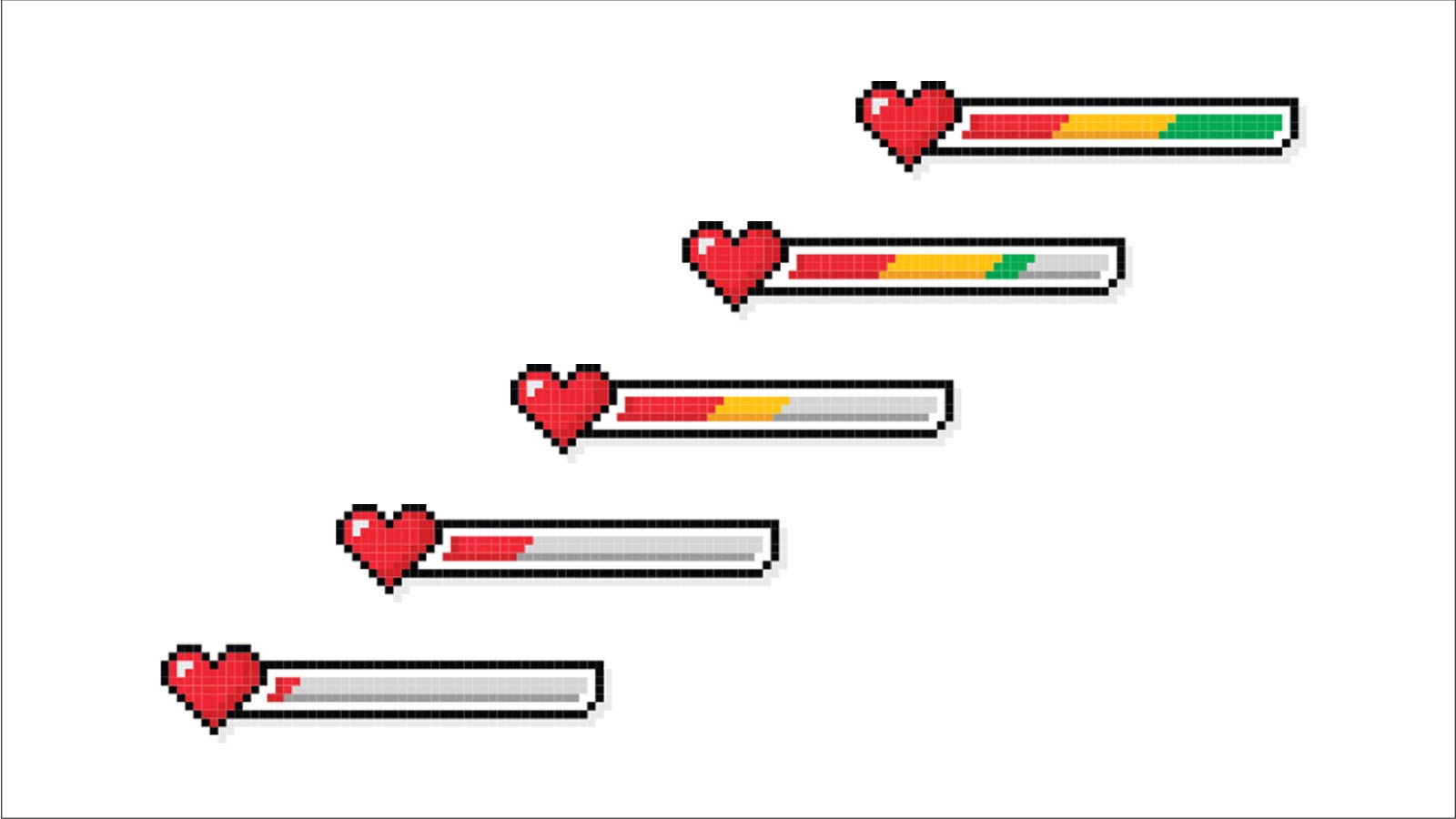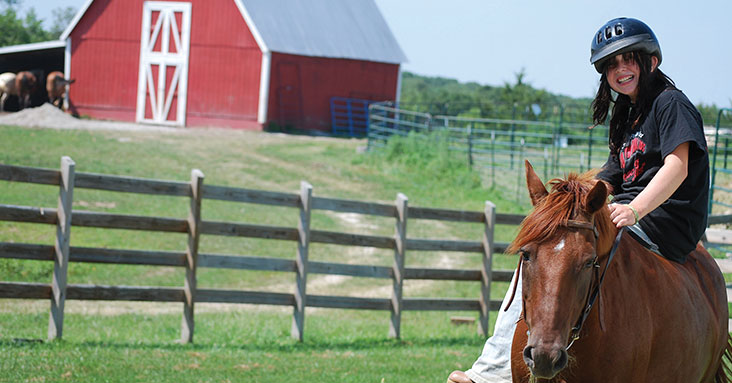Fostering the Future

Impact US helps foster teens learn life skills.
L
earning how to balance a checkbook. Washing and folding laundry. Applying for a driver’s license. These may seem like everyday tasks to some, but for teens in foster care, many of whom have moved from home to home throughout their childhood, learning these life skills can be critical step on the road to independence. That’s where the Impact US program from Great Circle comes in to help foster teens prepare for success in adulthood.
The Impact US program supports teens in foster care by providing educational services, life skills training, and general health education in a support group setting. “Impact US helps teens prepare to be contributing members of society,” says Beatrice Stewart, director of community-based services for the central region of Great Circle. “We prepare teens for adulthood and teach them all kinds of skills.”
Supporting Foster Teens
Back in 2009, the Edgewood Children’s Center and Boys and Girls Town of Missouri merged to create Great Circle, now one of the largest behavioral health providers in the state. Great Circle aims to destigmatize behavioral health, and in 2019 the organization reached more than 43,000 children and families. Impact US, funded by the Heart of Missouri United Way, began in 2014 as a way to reach out to a population in need and help the foster community.
Being a teenager can be difficult enough, but coming of age in the foster system brings its own unique set of challenges. “The future for children in foster care who are aging out can be challenging,” Beatrice says. “A high percentage don’t graduate. Some end up incarcerated or being a teenage parent, or have an increased risk of substance abuse. What we seek to do is try to talk to teens so they know how to access mental health care and preventative care.”
The program works in a support group setting, typically with 20 foster teens in the fall and another 20 in the spring. During twice-weekly sessions over 16 weeks, the program brings together teens for programs and guest speaker presentations. Groups are divided by age, with younger teens from ages 12 to 15 participating in one session and older teens in the other. The group covers mental health topics like grief and loss, as well as how to get help and find a safe person to talk to if they’re feeling depressed or overwhelmed.
Other units include life skills like money management and budgeting. The job readiness unit focuses on filling out job applications, practicing mock interviews, and discussing what is appropriate to wear to an interview. Community safety, health education, and public safety are also covered in the program. “A lot of times, these kids have a negative view of community safety if they’ve been in a situation where they’ve been removed from the home,” Beatrice says.
The teens also eat dinner together every week as part of the program’s emphasis on peer-to-peer experiences. The dinner experience is a highlight for many of the teens, particularly when they get to select the food choice. “It’s a great bonding experience,” says Beatrice. “It keeps them engaged and wanting to come back. There’s nothing more important for a bonding experience than breaking bread together.”
Learning Life Skills (And Laundry)
McKenna started attending Impact US when she was 14, encouraged by her then-foster parents. Now 18, she credits the program for teaching her many new life skills. “I learned a lot about coping skills,” she says. “One of the most helpful units for me was coping skills and how we sometimes make unhealthy coping skills choices.”
Money management is also a new skill for many teens. “When I first went into the program, I had no idea how to balance a checkbook,” McKenna says. “I feel pretty good that I know how to do that now.”
Landon, now 18, started attending Impact US last year after hearing about it from other foster care teens who talked about how the program teaches skills like how to get a permit and driver’s license. “It was a really good experience. I learned a lot about how to do laundry and how to fold clothes,” he says. “I learned how to pay bills, which was kind of complicated, and how to manage money. We had a speaker talk about wants versus needs, and that needs come before wants in your budget.”
In addition to mental health and life skills, Impact US focuses on the importance of being a well-rounded citizen, with lessons on everything from voting to volunteering. Among the group activities the teens participate in is a spring community clean-up where they pick up trash. “We get their minds thinking about what they want to do as an adult down the road and teach them better ways to shape themselves to be a successful adult,” Beatrice says. “They learn the importance of investing back in our community and being a well-rounded citizen.”
“I hope to be a good person in society. I want to help out others when they need it and help this country. I’m still growing like a leaf on a tree with new limbs, learning new life skills.”
Landon, Impact US Participant
The teens who have participated in Impact US are looking toward their futures in a positive, meaningful way. “The Impact US program is amazing,” says Landon.
McKenna agrees. “You learn about long-term and short-term goals in the program,” she says. “A lot of kids who go through foster care don’t even think about college. Now, we know how we could be successful in the future.”
For McKenna, that future means graduating from high school and considering a criminal justice degree, with the ultimate goal of working in a state correctional facility.
What’s next for Landon? He plans on graduating from high school next year and is considering serving in the armed forces — and he knows the lessons and skills he learned through Impact US will continue to serve him into adulthood. “I hope to be a good person in society,” he says. “I want to help out others when they need it and help this country. I’m still growing like a leaf on a tree with new limbs, learning new life skills.”
Editor’s note: Names throughout this story have been changed to protect the identities of the foster teens.



